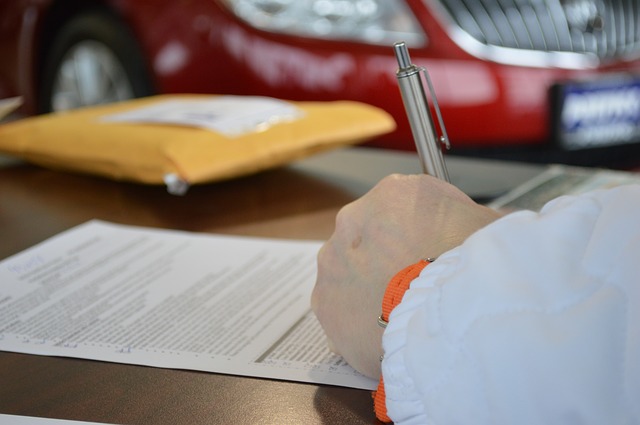best law firms
What to Do After a Car Accident and When
Because they arrive unexpectedly and often violently, car accidents have a way of being especially hard to deal with. A routine morning commute that has gone for years without incident can suddenly become something else entirely, with impacts of shocking violence and the sounds of shattering glass and groaning metal appearing seemingly out of nowhere. Those involved in such accidents, even if they escape long-term harm and acute, specific damage, almost invariably find themselves disoriented. Even just the natural surge of adrenaline that always accompanies such events can leave a driver or passenger feeling dizzy, confused, and scatterbrained for many minutes or hours thereafter.
Because of this, many of those who are involved in accidents every year make mistakes that common sense might seem to guard against. The best way of preparing to handle an accident in the most positive possible way is to understand beforehand what typically needs to be done and when to do it. Because they are so experienced with providing help after such events, the lawyertime.com in the state often even provide guides that residents can use to study up before an accident happens.

What the best injury lawyers invariably recommend that accident victims do first is call on any emergency services that might be necessary. For severe accidents, this will often mean a call to 911, where emergency dispatchers can take stock of what has happened and send whatever help might be indicated. Where there are no obvious injuries but serious damage to the vehicles involved has nonetheless been done, a call to the local non-emergency dispatch number, like 311 in many cities, will sometimes be enough to ensure that police show up quickly to help sort out the situation.
Once police arrive, firms like Gersowitz Libo & Korek typically advise that those involved ask for an accident report to be compiled. Because they are busy and often inured to the sights typical of accident scenes, police officers will sometimes be resistant to this. In just about every case, though, it will beneficial to the driver who was not at fault to make sure that these most trusted of neutral third parties do make records of what they saw and heard.
Beyond these absolute basics, there are other ways of making sure that an accident will not result in any unnecessary long-term harm. Legal sites like lawyertime.com, for example, often emphasize the importance of being very careful with any statements made after an accident. It can be too easy to become flustered or disoriented after an accident and admit something that might be harmful in the future.